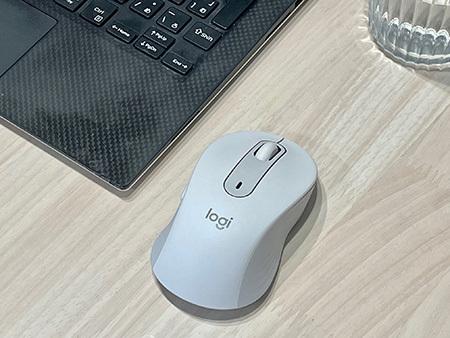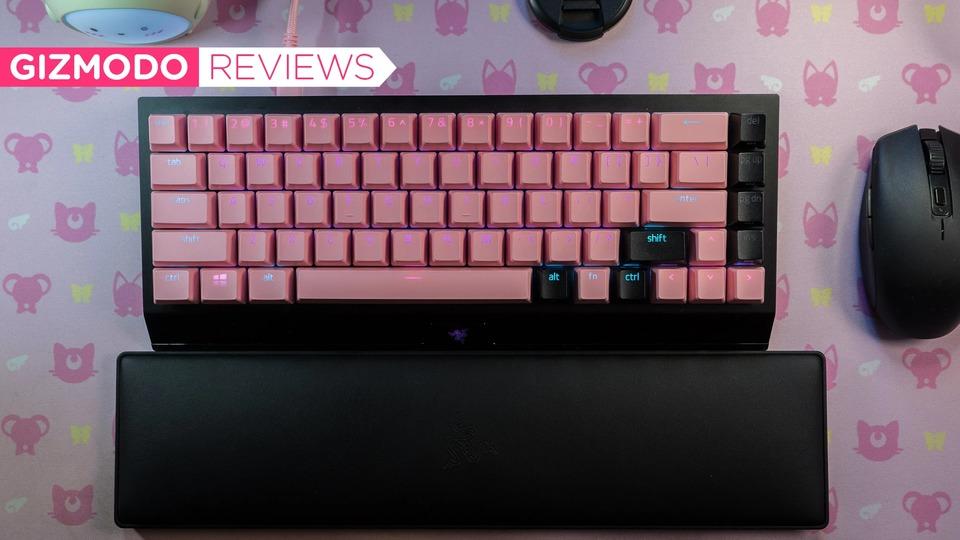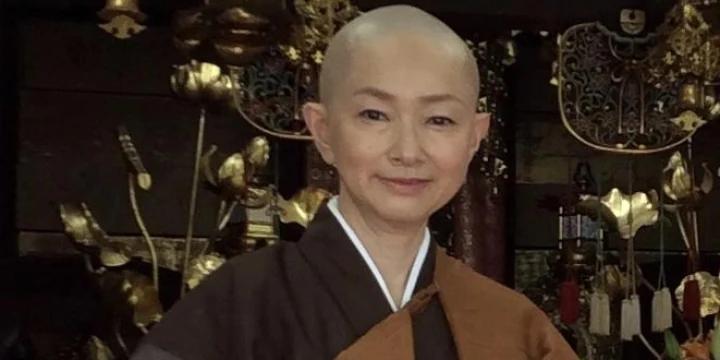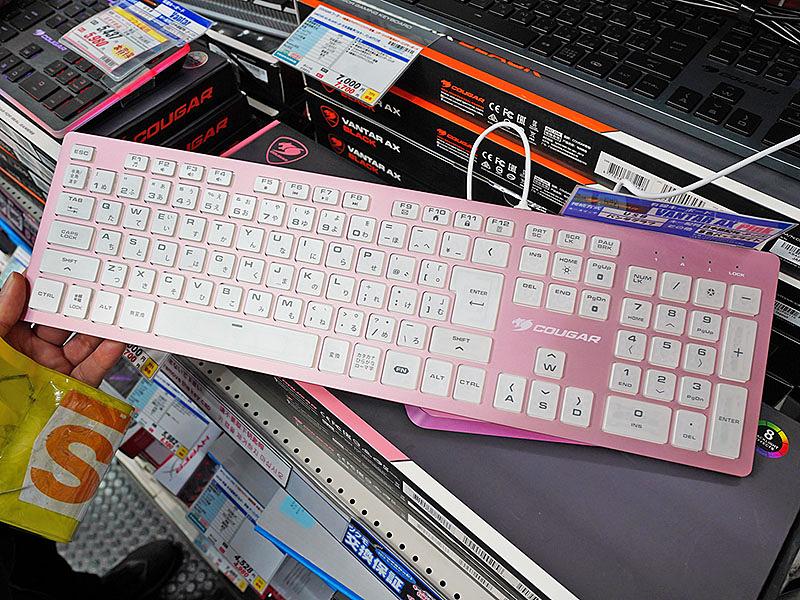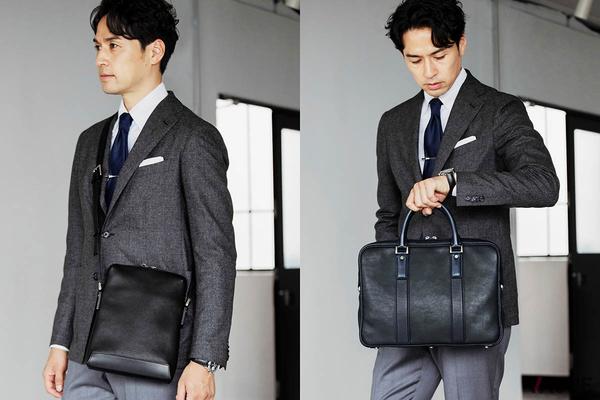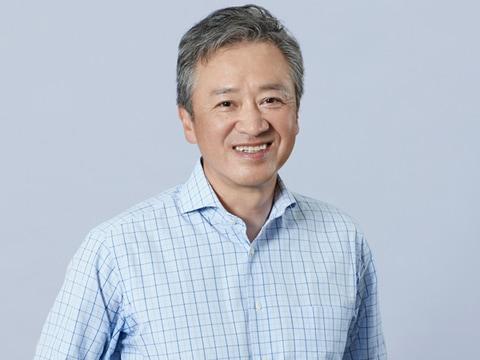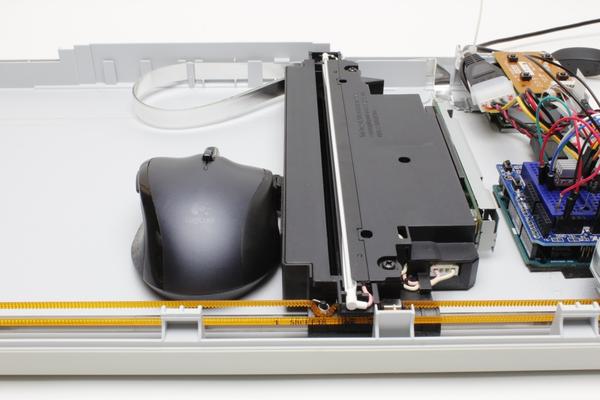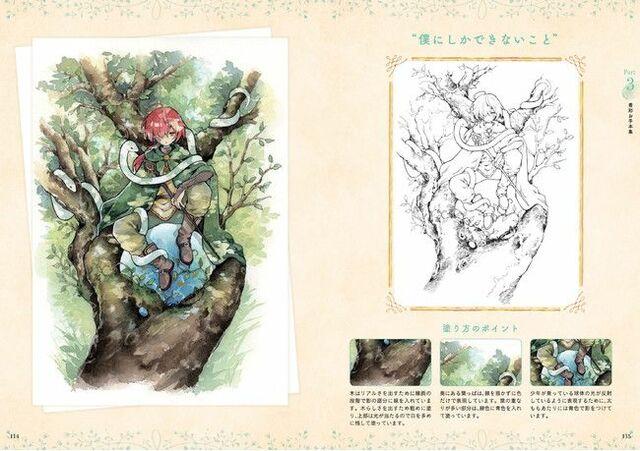"Everybody's piano" "Interventions Creating the Future] born from the wish of one high school student
"Invention" enables various future.There is an invention that realizes the basic philosophy of SDGs that "no one is left behind."It is a "piano" where you can enjoy playing even if you have a disability."Everybody's Piano", which won the Minister of Education, Culture, Sports, Science and Technology Award at the "STI for SDGS" Award of JST's 3rd year, was developed to realize the wish of a high school student with a single disability.The team led by Ooko Arai, a specially appointed professor of Tokyo University of the Arts.In terms of technical side, Yamaha supported.
Accompaniment according to the melody
"Which song do you want to use?"Arai asks the performer sitting on the grand piano chair, showing the list of songs."Glittering star", "hometown", "for Elise" ...The performer starts playing the selected song.However, only the melody plays the performer.Some people play the melody slowly with one finger while watching the score, one with five fingers, and some people play the next sound with Arai.
Then, as if the performer himself was playing, the grand piano plays accompaniment to the melody.If you play fast, the accompaniment will be faster.When the melody stops, the accompaniment stops, and when you start playing again, the accompaniment starts.The accompaniment also has a pedal, and it is a gorgeous thing that professional pianists play.After playing, the people who were listening were sent warm applause.
This is a frame at the experience corner of "Everyone Piano" at the 36th National Cultural Festival "Kinokuni Wakayama Cultural Festival 2021" held in Wakayama Prefecture in the fall of 2021.As the name suggests, "everyone piano" can be enjoyed by children to the elderly."It was fun," "I was impressed," "I want to play again," "I want to practice as many times as I want."
I want to play real instruments
"Everyone Piano" was developed at the Tokyo University of the Arts COI (Center of Innovation), an industry -government -academic collaboration project by the Ministry of Education, Culture, Sports, Science and Technology and JST.One of the R & D groups was "Inclusive Arts Study", and the team has begun developing instruments that can enjoy playing even if the body has a handicap.
Initially, we thought about modifying existing instruments to make it easier to play, or developing a new instrument that can easily play. However, the idea was overturned when he visited a special support school, where severe limb disabilities attend. There, students with physical disabilities were trying to play their favorite songs with their favorite instruments. Students who want to play Chopin's "Nocturn No. 2" live in a wheelchair with a brain -fledged pair, and only a part of the right finger can move freely. Nevertheless, he brought his face close to the ground piano keyboard and turned his face bright red, playing the melody of the Nocturne with one finger. A music teacher extends his limbs from the side, accompaniment, and steps on the pedal. The student's face makes a smile, and the joy of playing the piano is transmitted from the whole body.
At the same time, Arai was shocked and said, "I don't want to play a specially created instrument for people with disabilities, with the desire to play the same genuine instrument as a professional musician.I knew that. "
Appeared at Tokyo Geidai Concert
Mr. Arai decided to have students with disabilities enjoy playing the piano, and visited Yamaha, which has the most advanced technology of the automatic performance piano to see if the technology can automatically develop the student melody.
To realize, it is necessary to create accompaniment data in advance.However, it was difficult to create accompaniment data to make it unnatural for melodies that were played at what tempo and where to stop, and it was especially difficult to adjust the pedal.The speed and angle of stepping up and raising the pedal of a good pianist will be thousands.If the pedal is not the optimal state wherever you stop, you will not be able to create a beautiful sound (Arai).Analyzing the characteristics of the students' performances, the issues on site were solved while communicating with the special support schools, Arai, and Yamaha, and the "piano" was developed.
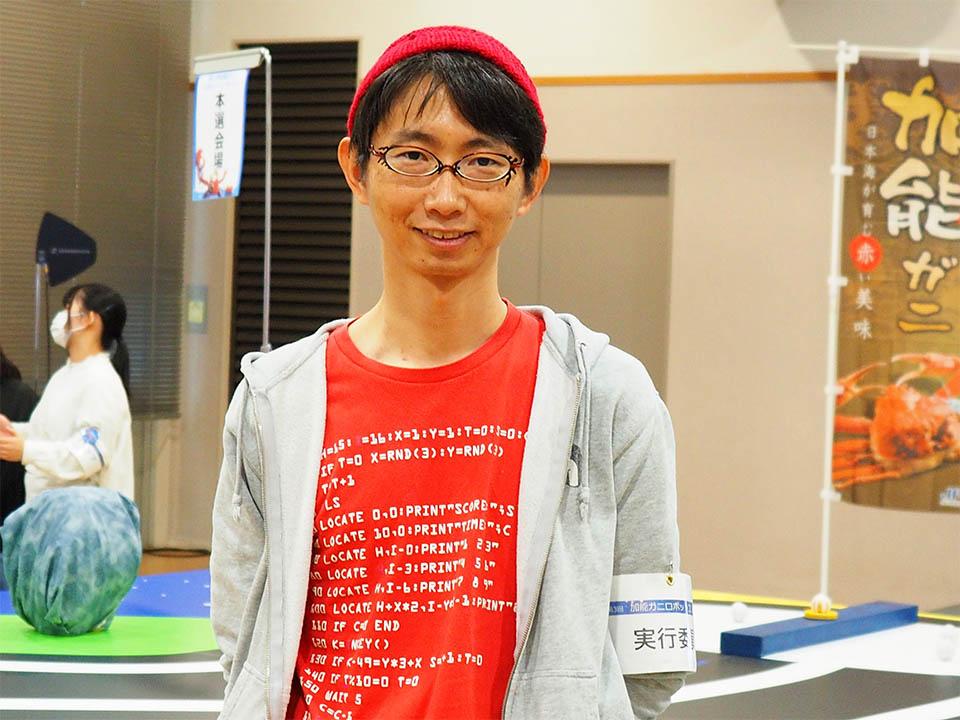
At that time, Motoichi Tadamura, who was the director of the Yamaha R & D department, felt that the motivation of the students would not be able to play instruments.He said, "I felt that there was a source of my own identity, that I could do this as a single person, and I wanted to show it to others."
The students appeared at Tokyo University of the Arts's "Geidai Arts Special -Disability and Arts" concerts and applauded the song they wanted.It has been less than five months since we started developing the piano.
Disability is the source of new ideas in art
Mr. Arai has been in Tokyo University of the Arts since 2012, with the motto of "learning from disabilities", considering the disability as a source of a new idea of art, not a person who can not do something with the disabilities.And we are working on "Inclusive Arts".Inclusive means that it is not excluded in the sense of incoming.
"Everybody can enjoy the piano, but it was originally developed to fulfill the wish of" I want to play Chopin's Nocturn No. 2 "by a high school student with only one disability.Nobody can save "one of them". I think that a big inclusive starts from solving the familiar people's familiar problems. "
Mr. Tadamura believes that there was an idea of Mr. Arai's consistent concept in the background of the general purpose of "piano"."At first glance," Piano "seems to have been developed to satisfy the needs of people with disabilities, but Arai -sensei finds new creativity there, and" this is it ".I think that it has created the results of creating new value because we clarified the issues. "
The possibility of spreading both the elderly and remote areas
Currently, a remote performance system using the Internet has been developed, for example, from the keyboard at home, you can play "anyone who is a piano" in a remote location.The delay of the sound was resolved by Yamaha's technology.
An elementary school student with a ventilator with a respiratory organs played the full concert grand piano version of the public space, "Who's Piano", which was installed in public spaces through a keyboard from home.After that, he wanted to see the "piano" he played, and went to see a stretcher.She touched the piano and was checking the feeling, "It's like this."
In addition, the development of an app dedicated to "anyone for piano" is being developed.
Since 2017, a workshop for "anyone for anyone" has been held nationwide, and 1500 people have experienced the piano, and the number of accompaniment data has also increased.
"If you practice the melody with one hand, you will be able to play with a pianist -like accompaniment and perform highly perfection. By having others see it, you will get a great sense of accomplishment and increase your self -efficacy.There was a new awareness that the desire for approval was satisfied, "says Arai.The elderly with dementia have been able to see again that they play the piano and feel great joy, and research is underway in terms of creating the life of the elderly.
"I think it's best to live with life and hopes, and I think that the big difference between animals and humans is an impressive ability.I think it's a thing. I feel that music, art, and art are a great factor in it, "Arai said.
In addition, Mr. Arai felt that science and technology may be the same as art while developing the "piano"."Isn't it necessary to have a mental movement to support the development of science and technology, just like art?I think there is a development of science and technology. "
Polishing imagination leads to an inclusive society
Mr. Arai believes that "everyone's piano" will play a major role in preventing social isolation in the future.
"Because a piano is an instrument that belongs to the place, people come to a place with the piano to create a circle of people, and communication is born.I am expecting it. "
In the future, "I hope to learn the diversity of humans through" Everyone's piano ", have no separation, and a society without dare to say disability. Some people have no disabilities.If you are there, you can use your imagination to each other, and if you need help, you can reach out naturally. I think that improving such imagination will be the best driving force in creating an inclusive society. "
"Everyone piano" has various possibilities.Expectations are high for future development.
Arai Ouko, a specially appointed professor of Tokyo University of the Arts, graduated from Tokyo University of the Arts, Director of Minatomirai Hall.She works on classical concerts and TV music programs.She won the international Emmy Award in the composition of NHK's music education program.She conducted her research on the theme of "Disability and Arts" and was involved in the development of workshops and devices.
Related Links
